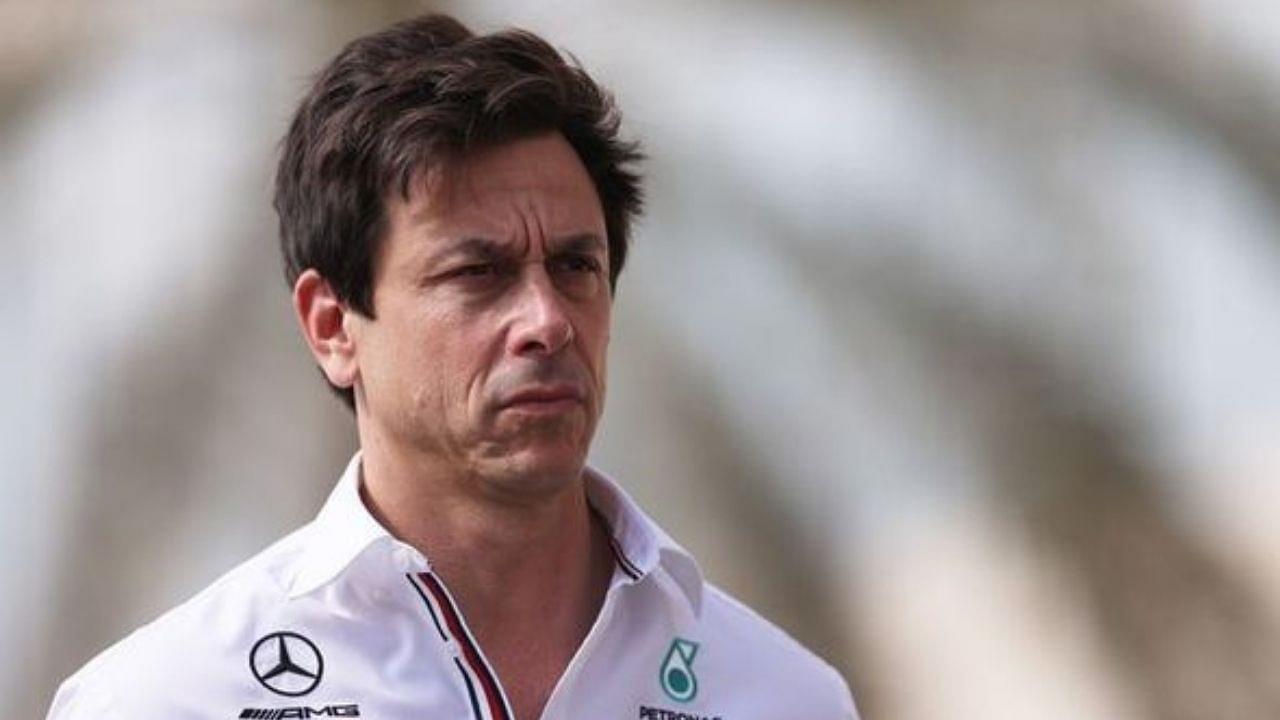Toto Wolff believes that the budget cap in F1 is good for the sport but some of the big teams are unhappy with it.
In the 2022 season, the budget cap in F1 will be lowered to $140 million. Mercedes boss Toto Wolff believes that this will create a balance and is good for the sport. However, some of the big teams are unhappy with it.
The new technical regulations will also bring changes in the aerodynamics of the car which is supposed to increase the opportunity of overtaking. Wolff believes that as many as five or six teams will compete for victory in the coming season.
The Austrian is not concerned by the possibility of one team understanding the rules better than the other and taking advantage of them.
Wolff said, “I believe that the budget cap will bring a lot of things into line. If one finds a loophole and runs away with it, everyone will copy it.”
“The cars will all be very similar. There may still be differences in the first year. After that, it will even out. There will no longer be a team that is a second ahead.”
Also Read: Firing Michael Masi not enough for Toto Wolff as he feels bigger issues need to be addressed
Toto Wolff admitted that Mercedes faced problems
Wolff admitted that bigger teams were initially unhappy with a financial advantage being taken away from them. Talking about the challenges Mercedes faced due to the budget cap, Wolff said, “we had to carry out a restructuring. It not only affected people, but also essential processes had to be changed.”
“For example, for the first time, we had to train financial officers to identify cost savings across the entire value chain.”
There was not one area in particular, though, where the Silver Arrows focused on the most in terms of making savings.
💬 “It’s a bigger problem, my values are simply not compatible with the decisions that were made.”
Mercedes boss Toto Wolff says firing race director Michael Masi for his handling of the 2021 season finale is not the solution to fixing the sport.
Do you agree? 🤔
— Sky Sports F1 (@SkySportsF1) January 8, 2022
“There is no single cost factor that was most affected. We went through all areas and tried to lose as little performance as possible,” Wolff said.







